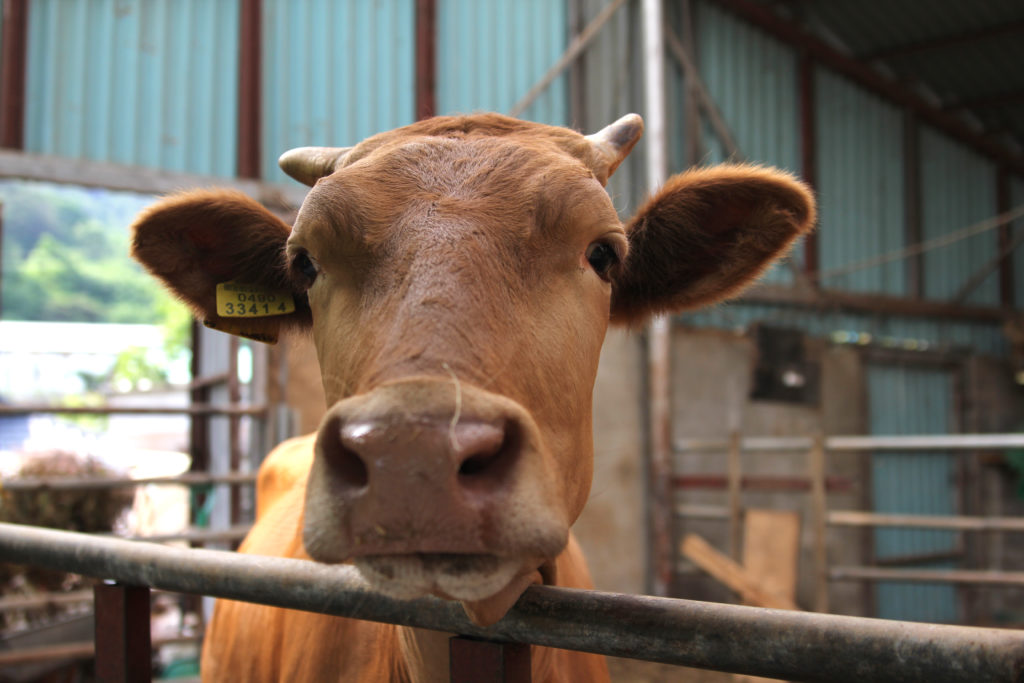The Peninsula
Koreans Eat More Ethically

The meat substitute market is gaining popularity in South Korea and is projected to grow into a USD 6 billion market by 2023. While the Korea Vegetarian Union reports that there are at least 500,000 strict vegans in the country, meat substitute manufacturers are focused on marketing to the flexitarian or occasional meat-eater who is looking to reduce consumption. Interestingly, this surge of interest is driven by people’s growing global consciousness. While many adopted meatless diets for health reasons in the past, cause-conscious millennials and Gen-Z consumers are more focused on the positive implications of this dietary habit for sustainability and the environment.
Meat substitutes are a way to offset the greenhouse gases emitted by livestock. A 2020 report on the status of meat alternatives and their role in the market asserted that alternative meats can be used to reduce soil usage, greenhouse gas emissions, and water consumption.
Relatedly, the founder of plant-based protein company Impossible Meat calculated in a PLOS Climate paper published in February 2022 that cutting animal agriculture could potentially stabilize greenhouse gas levels for 30 years and buy time for transition away from fossil fuels.
Many Korean corporations also see their entry into the meat alternative market as a ESG (environmental, social, and corporate governance) practice. With a focus on limiting greenhouse gas emissions and living up to its public commitment to build more sustainable business models, SK Group has invested USD 90 million into alternative food research. Bakery chain Paris Baguette partnered with meat substitute Unlimeat to add more vegan options for greater ESG management. With more people joining this dietary shift as a social cause, these investments are likely to grow even larger in the near future.
This briefing comes from Korea View, a weekly newsletter published by the Korea Economic Institute. Korea View aims to cover developments that reveal trends on the Korean Peninsula but receive little attention in the United States. If you would like to sign up, please find the online form here.
Korea View was edited by Yong Kwon with the help of Kayla Harris, David Lee, Sarah Marshall, and Mai Anna Pressley. Picture from Jona Park
